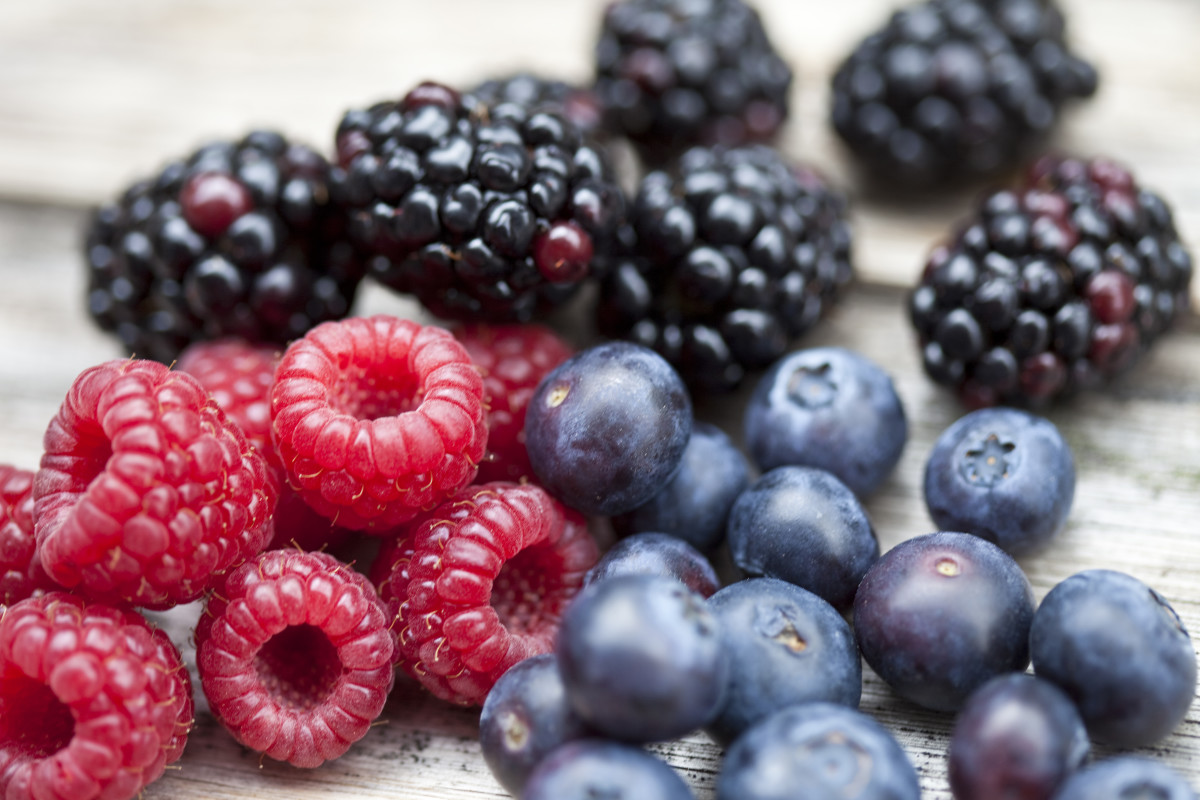
Recent research has shown that your risk of developing dementia can be partially reduced with smart dietary choices. New research identifies a specific compound found in many foods and drinks that may reduce your risk of developing dementia as the years go by.
The study, published on September 16, JAMA Network Open The journal outlines what scientists found when they examined the dietary habits of more than 120,000 British adults aged 40 to 70. They found that those who “adhered most to a flavonoid-rich diet, particularly high consumption of tea, red wine and fruit, had a lower risk of developing dementia.” This reduction was particularly noticeable in participants with “high genetic risk, hypertension and depressive symptoms.”
“These findings suggest that simple dietary changes, such as increasing consumption of commonly consumed flavonoid-rich foods and beverages, may reduce the risk of dementia,” the study concluded.
Flavonoids are compounds found in a variety of foods and drinks, including parsley, onions, blueberries and other berries, bananas, citrus fruits, black tea, green tea, oolong tea, red wine, dark chocolate, buckwheat, and ginkgo biloba. The researchers specifically noted berries, tea, and red wine in their study.
“Our findings suggest that consuming six more portions of flavonoid-rich foods a day, particularly berries, tea and red wine, reduces the risk of dementia by 28 percent,” said study author Aedin Cassidy. Protector.
This should be welcome news for those looking to reduce their risk of developing dementia, especially given the lack of treatment options once the disease has begun.
“There is currently no effective treatment for the disease, so preventive interventions to improve health and quality of life and reduce social and economic costs should remain an important public health priority,” said Amy Jenning, lead author of the study.
The findings align with a published study Lancet's last month, he pointed out 14 modifiable dementia risk factors that a person can work on throughout their life, one of which was diet. Still, more research is needed, as scientists have only found a correlation between the phenomena and have not confirmed the alleged anti-dementia benefits of flavonoids.
However, considering the health benefits of tea, there is no harm in increasing your consumption.